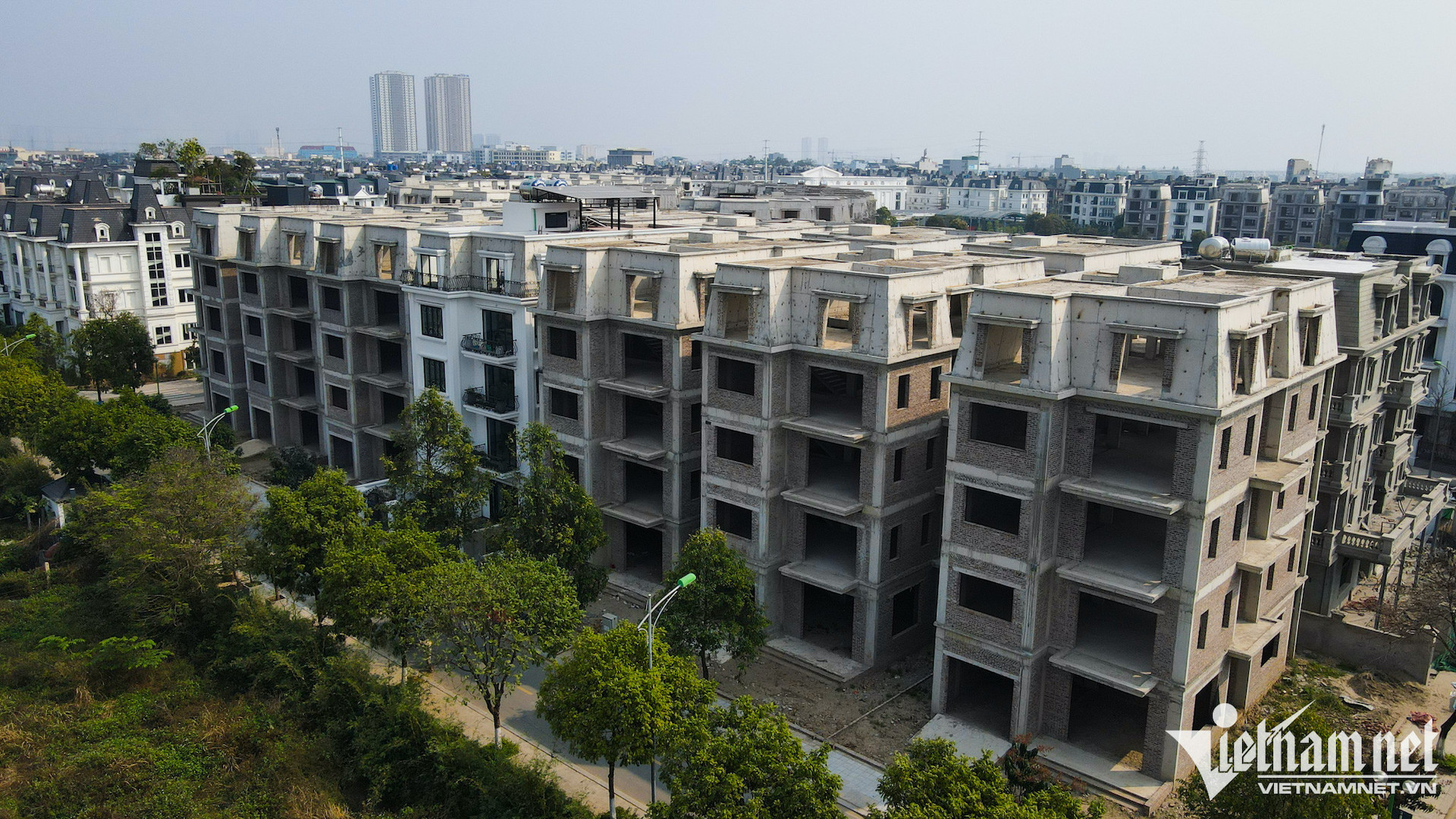
This information was disclosed by MOF in its document to the National Assembly Delegation of Dong Nai Province, in response to the provincial voters’ petitions before the 8th session of the 15th National Assembly.
Voters have been concerned about the proposal from the Ministry of Construction (MOC) on taxing second and subsequent homes.
MOC believes that the taxation, if applied, will discourage speculation, thus making the real estate market healthier and making housing products more accessible to those who have real demand for accommodations.
They believe that taxation is just one of many measures to help the real estate market develop in a transparent and sustainable way. It must not become a barrier that hinders the development of the real estate market, and must not create societal discord.
Voters have requested the government to put forward solutions to help restrict speculation, whuch has an adverse impact on the real estate market.
MOF stated that under the current law, real estate includes land; houses and structures attached to the land; other properties attached to land, houses, and construction works; and other assets as prescribed by law.
Carrying out state management regarding ownership and use of real estate, the State issued legal documents stipulating fees related to real estate arising in all three phases.
The three phases include: establishing ownership and usage rights of real estate (land use fees, land rent in case of once-payment for the entire lease term, registration fees); using real estate (non-agricultural land use tax, agricultural land use tax, annual land rent payment); and transferring real estate (corporate income tax, personal income tax, value-added tax). However, the taxes during real estate use have not yet been applied to houses.
"MOF is continuing to research, gather international experience, and identify problems and inadequacies in the implementation of real estate tax policies over recent times to report to competent authorities at an appropriate time, ensuring suitability with the socio-economic conditions of Vietnam, alignment with international practices, and consistency within the real estate-related tax policy system as part of the overall tax policy reform in 2021-2030," MOF stated.
Cao Thi Thanh Huong from Savills Vietnam said property owners in Vietnam don’t have to pay asset tax, while tax rates and transfer taxes are among the lowest in the world. Vietnam needs to consider tax policies to reduce real estate prices which are overly high.
Hong Khanh